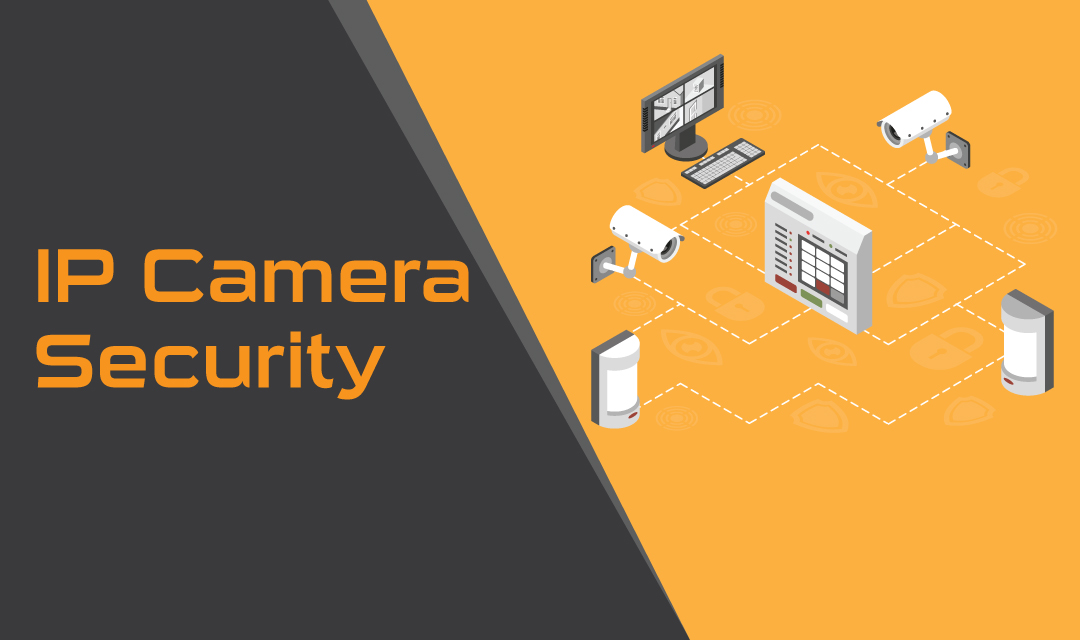
Surveillance camera market has evolved drastically in recent years, and IP cameras are outplacing traditional CCTV (Closed Circuit TeleVision) cameras in both business and home markets. With easy wireless installation combined with mobile apps deliver cost-effective and remote surveillance solutions to small businesses and homeowners. Traditional CCTV Cameras store videos in a local network through DVR/VMS/NVRs while the newer IP cameras generally store videos in the cloud making it even easier to maintain.
With the popularity of IP Cameras, the price of cameras is very affordable and comes in a bundle of 2, 3, or more for quick installation. By connecting to the WiFi network, the installation may take less than an hour to set up and the videos are available anywhere in the world. The huge success in the IP Camera market introduced security issues where many camera brands are exploitable through a vulnerability discovered by users and hackers. The vulnerabilities allow hackers to carry out DDoS attacks, code executions and in some cases, privacy may be invaded by allowing hackers to view your videos.
Is anyone spying on you?
One of the biggest concern over Internet-connected cameras is the risk of someone watching you without you knowing it. Many smart devices including IP cameras ask users for permission to access their camera and microphone (via smartphone apps, Amazon Alexa (AI), or for any other reasons), and we often grant permission. While you can view your family and pets remotely using an Internet Browser or a smartphone app, the same can be done by hackers if you make your device vulnerable. You may never know if someone is watching over you, so it's very important that your device is secure.
Best Practices
There are several things you can do to improve your IP Camera security, and they are:
- Keep the IP camera firmware and software up-to-date. The IP Camera makers will learn about any vulnerability discovered, and they will patch the software. It is important for you to signup with the camera maker, and update your software up-to-date regularly. The software includes camera firmware, desktop software, and mobile apps.
- Change the default password and make it a strong password. It is important that you change the default password of the IP Camera so that no one can guess your password.
- Enable camera security features. Many IP cameras offer security features like encryption, browsing over https, and changing default access port.
Frequently Asked Questions about IP Camera
- What is IP camera and how it works?
An IP camera is a digital video camera that saves video data over an IP network. Much like the analog CCTV Cameras, they are commonly used for surveillance but they do not require local recording on storage but rather transmit them over the Internet and store them on cloud storage which requires Internet connectivity.
- What is the IP address of my security camera?
Most IP Cameras come with a mobile app that will allow you to view on-demand or recorded videos. While mobile apps are different by brand, most apps will display the IP address of the camera one way or another. Typical apps will display the IP Address on the network page.
- How to view your IP camera remotely?
Most IP cameras allow you to view your camera remotely via either the mobile app or a web browser. If you installed your mobile app correctly, it will automatically know the IP address of your camera and will be able to show your camera on demand. Alternatively, you may use a web browser to view your camera by entering the IP address of your IP camera. See your IP camera manual for instructions on how to enable and view your camera remotely via a web browser.
- What are the advantages of IP cameras over CCTV?
Traditional CCTV records footage on a DVR or local storage while IP cameras record footage in the cloud via the Internet. CCTV transmits data over an analog cable network while IP cameras transmit the digital signals over the Internet providing better quality and allowing remote viewing of the camera capture on-demand or via recording.
Share this post
Leave a comment
All comments are moderated. Spammy and bot submitted comments are deleted. Please submit the comments that are helpful to others, and we'll approve your comments. A comment that includes outbound link will only be approved if the content is relevant to the topic, and has some value to our readers.

Comments (0)
No comment